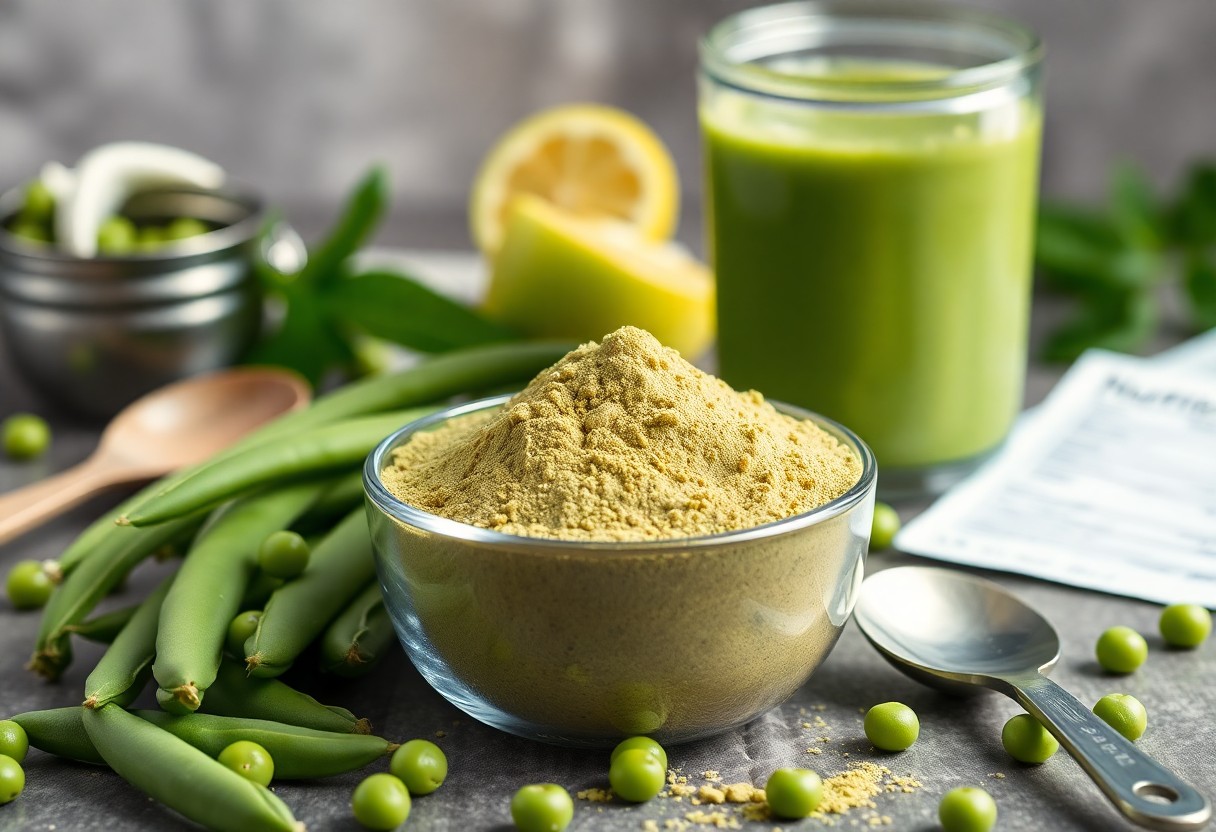To maintain a robust immune system and overall good health, adequate lung function is paramount. Several natural strategies can contribute to lung health and prevent the deterioration of this vital organ’s function. Here, we delve into some of these efficient methods that can serve as a guide to naturally maintaining healthy lungs.
Exercise is one of the most crucial strategies to keep your lungs healthy. Physical activity improves your cardiovascular health and lung capacity. Regular exercise forces the lungs to learn how to distribute oxygen around your body more efficiently. Over time, this increased stamina reduces lung fatigue. Experts recommend at least 30 minutes of moderate to intense exercise most days of the week for maximum benefits.
Diet also plays a crucial role in lung health. Nutrient-rich foods can contribute to enhancing lung function and protecting them from damage. Foods high in antioxidants like berries, nuts, seeds, leafy greens, and brightly colored fruits and vegetables should be staples in your diet. Omega-3 fatty acids found in fatty fish, such as salmon and mackerel, also assist in reducing inflammation in the lungs.
Drinking plenty of water remains another essential strategy for maintaining healthy lungs. Water helps keep the mucosal linings in the lungs thin, aiding in better lung function. It also helps prevent dehydration, which can cause your body and airways to produce a thick mucus that can interfere with normal breathing. Aiming for eight glasses a day would help keep your body and lungs properly hydrated.
The benefits of quitting smoking and avoiding secondhand smoke cannot be overstated when it comes to lung health. Tobacco smoke can be harmful to lung tissue and interrupts normal cell function. It can lead to inflammation, triggers chronic bronchitis, and increases the risk of developing lung cancer. By eliminating the consumption of tobacco products and minimizing exposure to secondhand smoke, you can better preserve lung health and prevent chronic respiratory diseases.
Proper breathing exercises are another potent tool in maintaining healthy lungs. Practices such as Pranayama, a form of yoga, and the popular “4-7-8 breathing technique,” can increase lung capacity, improve airflow and oxygen transport. These exercises also help reduce stress, improving your overall mental and physical health.
Maintaining a clean environment is a pivotal aspect of lung health. It limits exposure to allergens and airborne irritants like dust, mold, and pet dander that can exacerbate breathing issues. Regular cleaning, the use of air purifiers, and keeping the home adequately ventilated can improve indoor air quality.
Regular check-ups and screenings can go a long way in preserving lung health. It’s crucial to monitor lung health, especially if you have a history of smoking or exposure to environmental toxins. Early detection of conditions like lung cancer can significantly improve the prognosis and treatment options.
While occasional alcohol consumption is typically harmless, excessive drinking can contribute to lung damage and disease. Alcohol weakens the immune system, making the lungs a more suitable environment for infections and airborne toxins. Moderation in consumption plays a key part in maintaining lung health.
Sleep is often overlooked; however, quality rest is integral for lung health. While you sleep, your body works to maintain and repair vital functions, including your lungs. Lack of adequate sleep might exacerbate existing lung conditions and increase susceptibility to infections. Aim for seven to nine hours of restful sleep each night.
Even though we can’t see them, focusing on lung health should never be an afterthought. By incorporating these natural strategies into your lifestyle, you can maintain optimal lung function, resist respiratory infections, and reduce your risk of developing chronic lung diseases. So, eat right, exercise, stay hydrated, breathe deeply, keep your environment clean, and get regular check-ups to keep your lungs healthy and robust. Remember, when it comes to lung health, every breath you take counts.











